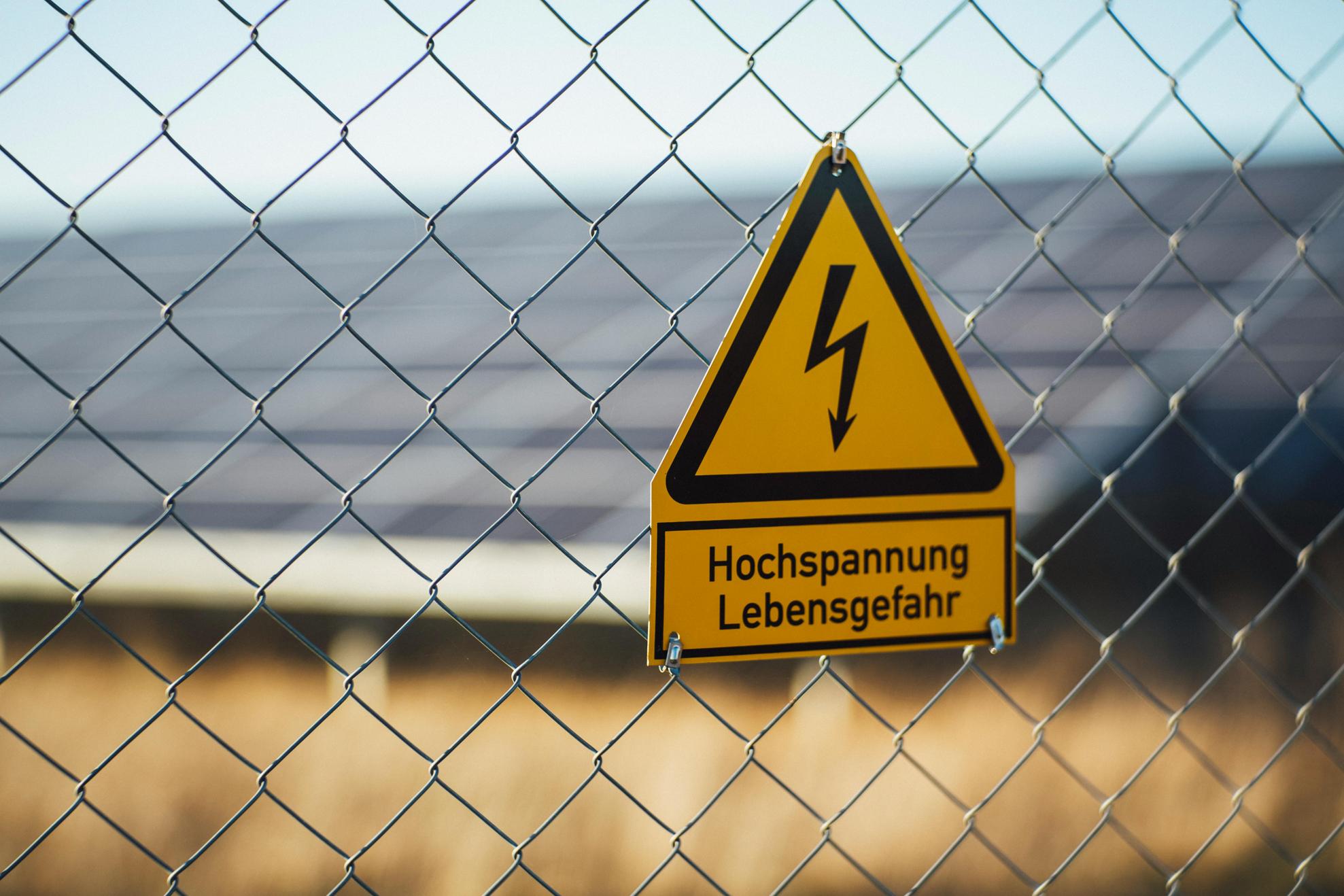Do Solar Panels Affect WiFi? Debunking Myths and Offering Practical Solutions
Introduction
Concerns about solar panels interfering with WiFi are increasingly common as more homeowners embrace renewable energy. This blog aims to address these worries, providing a thorough examination of how solar panels operate and their impact on WiFi signals. By debunking prevalent myths and presenting practical solutions, we hope to offer clarity and peace of mind to those considering solar energy.

How Solar Panels Work
Solar panels convert sunlight into electricity through photovoltaic cells. When sunlight hits these cells, it generates a direct current (DC) that travels to an inverter. The inverter converts the DC into alternating current (AC), which your home appliances and devices use. This process is entirely electrical and does not involve any radio-frequency emissions that could interfere with wireless signals.
Moreover, solar panels are generally installed on rooftops or in areas exposed to maximum sunlight, far from internal electronic devices. Understanding this basic operation of solar energy simplifies our analysis regarding its potential impact on WiFi.
WiFi and Mobile Hotspots: Understanding the Basics
WiFi works by transmitting data over radio frequencies, typically 2.4 GHz or 5 GHz bands. A wireless router broadcasts these radio waves, which are picked up by your devices—phones, laptops, smart TVs—enabling internet connection. Mobile hotspots function similarly but utilize cellular data networks to provide internet access.
Understanding the fundamentals of how WiFi and mobile hotspots work is essential for exploring any potential interference. WiFi signals can be affected by barriers such as walls, distance, and other electronic devices, but not typically by electrical systems like solar panels.
Exploring the Myth: Do Solar Panels Interfere with WiFi?
The concern that solar panels might disrupt WiFi stems from misunderstanding how these systems function. In truth, solar panels themselves do not generate any radio-frequency interference. This misconception often arises from a few different sources:
- Inverters: Some think inverters might generate electromagnetic interference. However, modern inverters are designed to comply with electromagnetic compatibility (EMC) standards.
- Distance and Placement: Because solar panels are frequently installed on rooftops or other exterior locations, there's minimal proximity to routers, which mitigates the risk of interference.
- Electrical Noise: The electrical systems used to integrate solar energy into a home's power supply are isolated and insulated to prevent such issues.
It’s clear that the elements involved in solar energy conversion do not inherently interfere with WiFi signals. The myth often overlooks that WiFi issues in homes with solar panels are usually due to unrelated factors.
Factors That Actually Affect WiFi Signal Strength
WiFi signal strength can be influenced by various factors that have little to do with the presence of solar panels. Some common factors include:
- Obstructions: Walls, furniture, and other physical barriers can weaken WiFi signals. The thicker and denser these materials are, the more they can disrupt the signal.
- Distance: The further a device is from the router, the weaker the signal will be. This is a basic limitation of WiFi technology.
- Interference from Other Devices: Microwaves, cordless phones, and other electronics can emit signals that interfere with WiFi.
- Router Positioning: Placing your router in a central, elevated location can help distribute the signal more evenly throughout your home.
- Router Performance: Older routers may not provide the same high-quality performance as newer models. Investing in a modern, high-performance router can significantly improve your WiFi signal.
Understanding and addressing these factors can often resolve WiFi issues more effectively than attributing the problem to your solar panel system.
Case Studies and Real-World Evidence
Several case studies have addressed concerns about solar panels interfering with WiFi. For instance, a study conducted by the Solar Energy Industries Association (SEIA) examined numerous homes with solar installations and found no correlation between solar panels and WiFi signal disruption.
Real-world evidence from homeowners also aligns with this conclusion. Many report that their WiFi performance remains unchanged or even improved after installing solar panels, particularly when they upgrade their electrical systems or home infrastructure at the same time.

Tips to Ensure Optimal WiFi Performance with Solar Panels
Ensuring optimal WiFi performance in a home with solar panels involves following these practical tips:
- Router Placement: Position your router centrally and away from thick walls to distribute the signal evenly.
- Upgrade Equipment: Use modern routers and devices that support the latest WiFi standards.
- Minimize Interference: Keep other electronic devices that could cause interference away from your router.
- Use WiFi Extenders: If necessary, use WiFi extenders to boost your coverage, especially in larger homes.
Conclusion
Solar panels do not affect WiFi signals. Myths and misinformation have led to unnecessary worries, but understanding how both systems operate clarifies that they are compatible. By focusing on the actual factors that influence WiFi performance and implementing simple solutions, you can enjoy both renewable energy and robust internet connectivity.
Frequently Asked Questions
Can solar inverters disrupt WiFi signals?
Modern inverters are designed to meet stringent EMC standards, minimizing any risk of electromagnetic interference.
Is it possible to boost WiFi signals in homes with solar panels?
Yes, using WiFi extenders and ensuring optimal router placement can help boost signals irrespective of solar panels.
How do I position my router to avoid interference from solar panels?
Place your router centrally, away from walls and other obstructions, to ensure even distribution of the WiFi signal.



